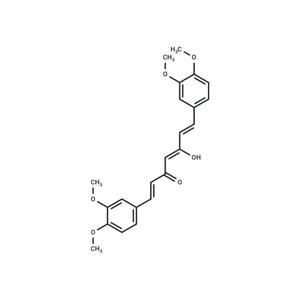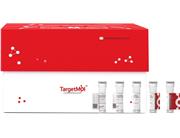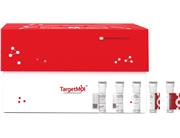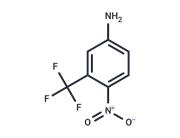| Name | Dimethylcurcumin |
| Description | Dimethylcurcumin (ASC-J9) (ASC-J9) is an androgen receptor degradation enhancer. It effectively suppresses castration-resistant prostate cancer cell proliferation and invasion. |
| Cell Research | For the cell survival assay, the PC12/AR-112Q and PC12/AR-10Q cells are cultured as described previously and incubated cells in the presence of 10 μg/mL doxycycline for 24 h. Then the cells are treated with a vehicle, 5 μM Dimethylcurcumin or 10 μM Dimethylcurcumin, along with 1 nM DHT, and determined cell viability using Trypan blue staining at specific time intervals [2]. |
| Animal Research | CWR22Rv1 cells (1×10^6 cells per site) are injected into both anterior prostates of the castrated nude mice after 2 weeks of implantation. The mice were randomly divided into two groups (four mice/eight tumors each group) and either receive 75 mg/kg Dimethylcurcumin intraperitoneal injection or vehicle control every other day. After 4 weeks of treatment, all mice are killed to examine the tumor growth. Body weights and mice activity are measured weekly [1]. |
| In vitro | Dimethylcurcumin is able to degrade fAR and AR3 in a dose-dependent manner in various human PCa cells. Dimethylcurcumin can also effectively suppress AR-targeted genes in CWR22Rv1-fARKD cells. Dimethylcurcumin (5 or 10 μM) significantly suppresses the DHT-induced cell growth in all three PCa cell lines. Dimethylcurcumin suppresses AR-targeted genes and cell growth by the degradation of fAR and ectopic AR3 in C81 and C4-2 cells [1]. ASC-J9 reduces the AR aggregated AR-112Q in cells. Dimethylcurcumin suppresses the aggregation of AR-112Q in SBMA PC12/AR-112Q cells [2]. |
| In vivo | Dimethylcurcumin (75 mg/kg, i.p.) degrades both fAR and AR3 in the xenografted tumors in vivo and ASC-J9-treated tumors have significantly decreased Ki67-positive cells [1]. Dimethylcurcumin (50 mg/kg every 48 h, i.p.) substantially ameliorates the SBMA symptoms in AR-97Q mice and ameliorates neuromuscular pathological findings [2]. ASC-J9-treated mice show significantly smaller prostate tumor sizes when compared with those receiving classic ADT/castration with little serum androgen [3]. |
| Storage | Powder: -20°C for 3 years | In solvent: -80°C for 1 year | Shipping with blue ice. |
| Solubility Information | DMSO : 48 mg/mL (121.08 mM)
H2O : Insoluble
|
| Keywords | Dimethylcurcumin | inhibit | Androgen Receptor | GO-Y 025 | Inhibitor | GO-Y-025 |
| Inhibitors Related | Dehydroisoandrosterone 3-acetate | Bicalutamide | 2,2,5,7,8-Pentamethyl-6-Chromanol | S-23 | Bavdegalutamide | Octinoxate | Adrenosterone | Allura Red AC | SK33 | Sunset Yellow FCF | Ostarine | Flutamide |
| Related Compound Libraries | Bioactive Compound Library | Traditional Chinese Medicine Monomer Library | Anti-Cancer Clinical Compound Library | Natural Product Library | Drug Repurposing Compound Library | Anti-Cancer Active Compound Library | Anti-Cancer Drug Library |
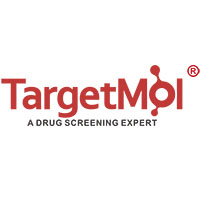
 United States
United States
